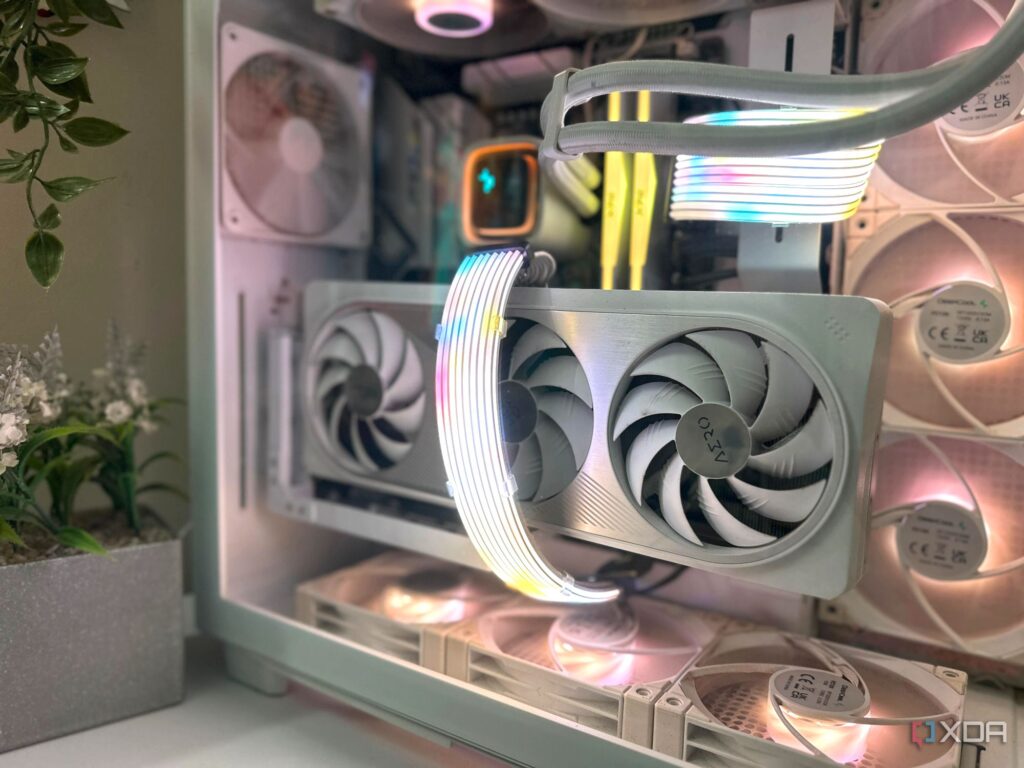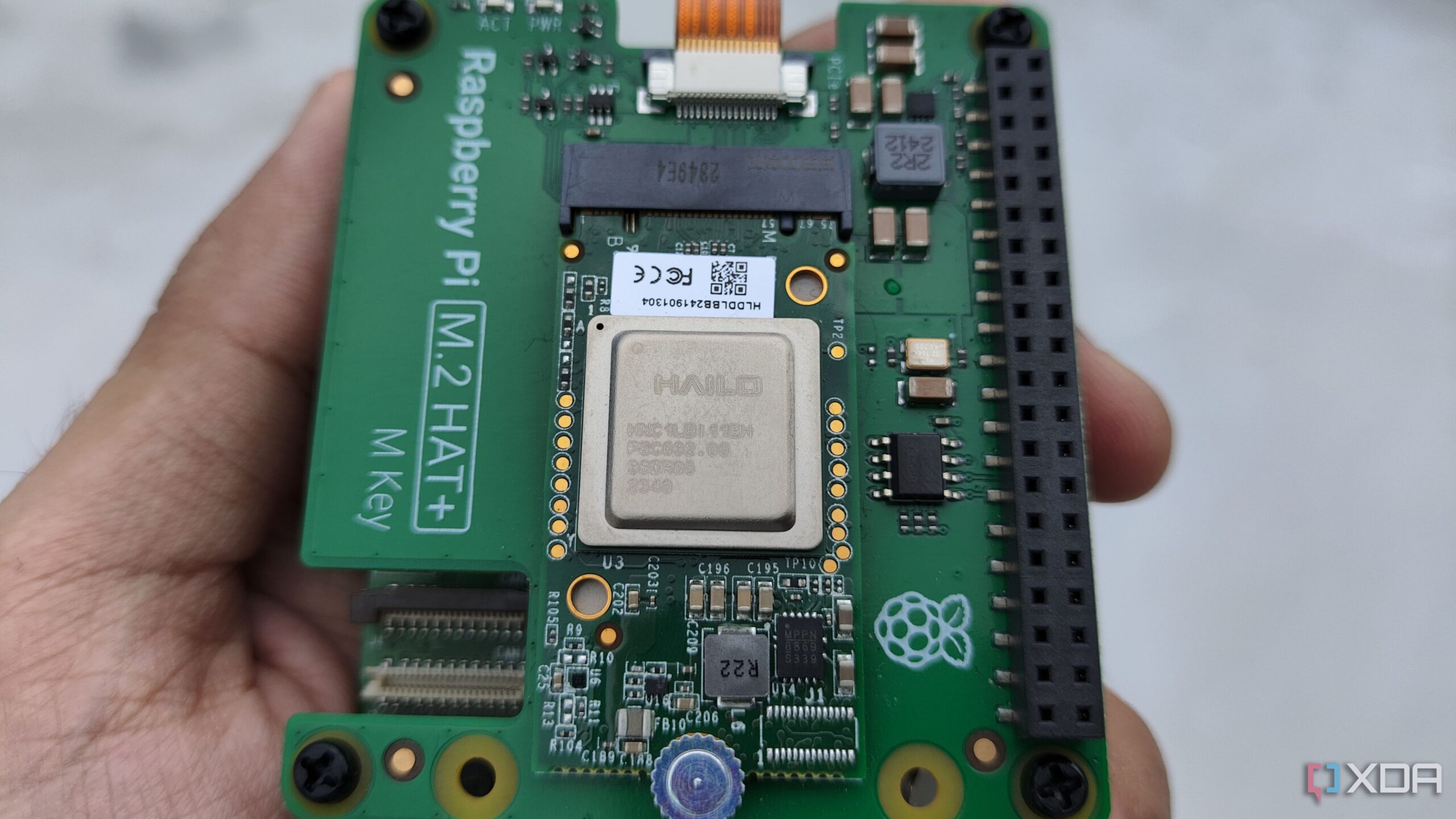
UPDATE: A critical warning has emerged regarding the use of PCIe risers in gaming PCs, highlighting three major risks that could jeopardize your investment. As gaming hardware becomes more sophisticated, enthusiasts are urged to reconsider these seemingly harmless components that can lead to significant performance issues, cooling problems, and potential failures.
Just announced by tech experts, PCIe risers serve as extensions for PCIe slots, enabling users to mount graphics cards (GPUs) in various configurations. However, the potential downsides could outweigh the visual appeal they offer. Experts emphasize that these risers may create a cascade of complications that could disrupt your gaming experience.
Performance Issues: When used, PCIe risers can introduce serious bandwidth limitations. According to recent reports, extending PCIe connections through risers can lead to signal degradation, manifesting as frustrating symptoms like random crashes, stuttering during gameplay, or even unsettling black screens under load. The risk escalates with compatibility mismatches between your GPU and motherboard, which could leave you scrambling to diagnose complex issues.
Cooling Compromises: The placement of a vertically-mounted GPU can severely hinder airflow within your PC case. Experts caution that this setup may obstruct the GPU’s fans, leading to overheating and increased thermal load on surrounding components. This not only raises the internal temperature of your system but can also make your gaming rig louder and less efficient. The implications for performance could be dire, especially during extended gaming sessions.
Potential for Failure: Every PC builder knows the stress of managing points of failure, and riser cables introduce yet another vulnerability. The quality of these cables often varies widely, with budget options being particularly prone to failure. Reports indicate that these low-cost risers can result in non-functional connections over time, and while catastrophic failures like electrical fires are rare, they remain a possibility. The message is clear: adding more points of failure to your gaming rig can have dire consequences.
While advancements in technology have improved the reliability of PCIe risers, particularly with Gen 5 models, the risks remain significant. Experts recommend that casual PC builders steer clear of risers in full-size builds. However, seasoned enthusiasts might still find value in them for compact systems.
As this story develops, PC builders are encouraged to weigh their options carefully and consider the potential drawbacks of using PCIe risers. The message is urgent: protecting your investment in a gaming PC means being aware of how every component interacts. Stay tuned for more updates on the latest tech developments and best practices for building your ultimate gaming machine.






